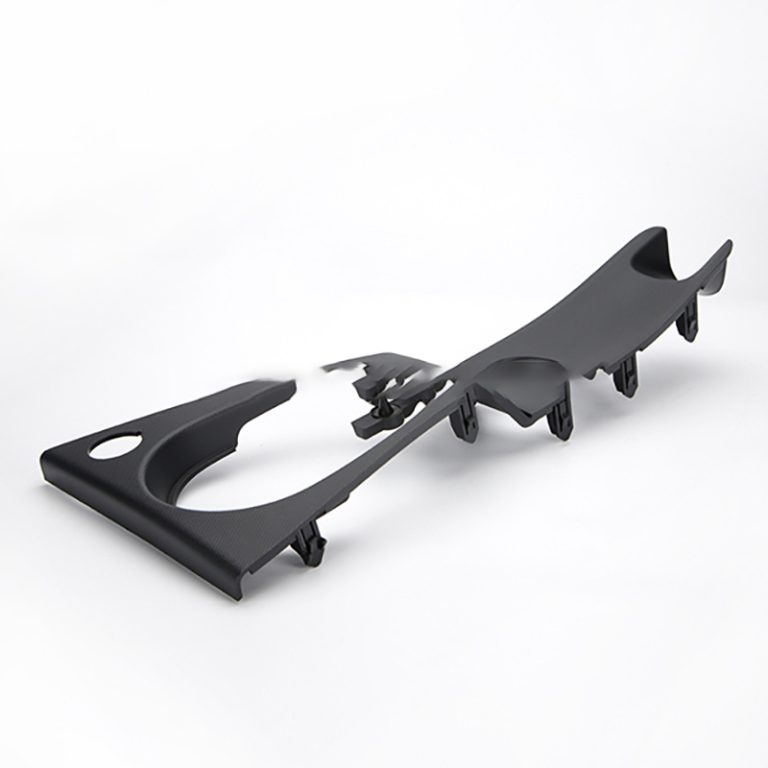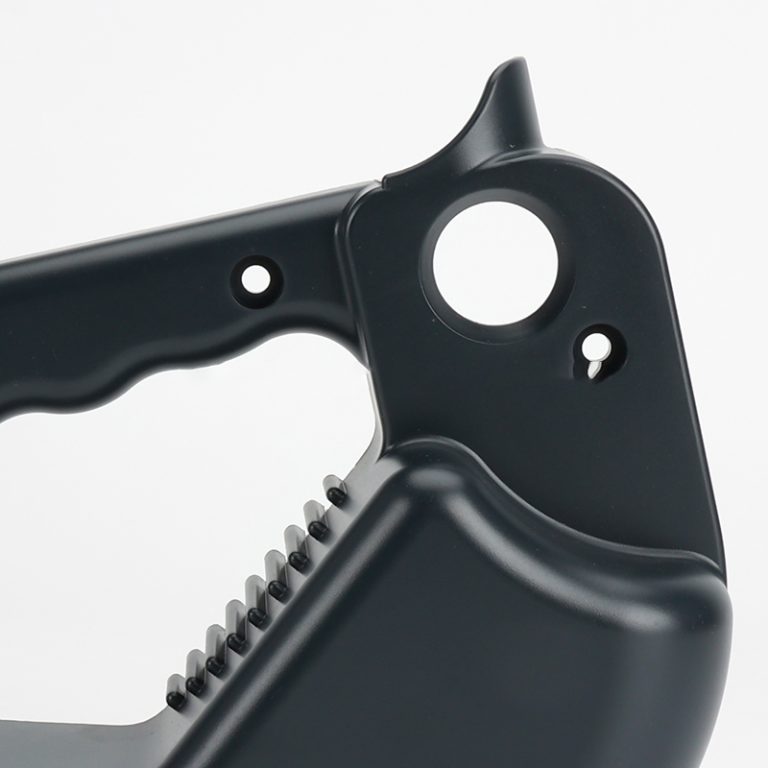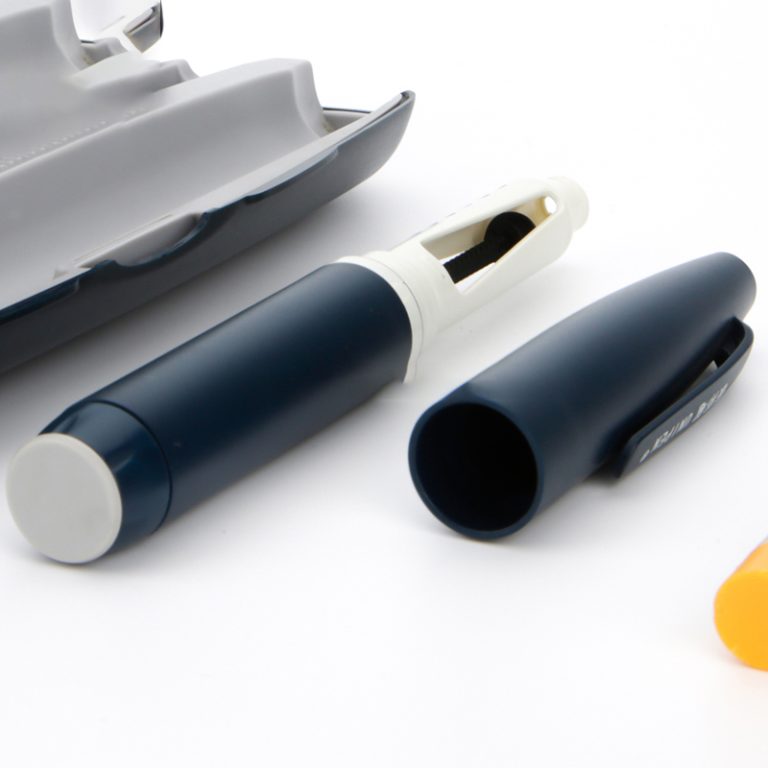Benefits of Using Plastic Injection Molding for Manufacturing Processes
Plastic injection molding, also known as plastic injection moulding, is a widely used manufacturing process that involves injecting molten plastic material into a mold cavity. This process is highly versatile and can be used to produce a wide range of plastic products, from small components to large parts. There are several benefits to using plastic injection molding for manufacturing processes, making it a popular choice for many industries.
One of the key advantages of plastic injection molding is its ability to produce high-quality, precise parts with tight tolerances. The process allows for intricate designs and complex geometries to be easily replicated, ensuring that each part is consistent and accurate. This level of precision is essential for industries such as automotive, aerospace, and medical, where quality and reliability are paramount.

Another benefit of plastic injection molding is its efficiency and cost-effectiveness. The process is highly automated, with machines capable of running continuously and producing large quantities of parts in a short amount of time. This results in lower production costs and faster turnaround times, making it an attractive option for mass production.
| Material selection | colour |
| PP/PC/ABS/PET/PEEK/ETC. | OEM/ODM |
Additionally, plastic injection molding offers a wide range of material options, allowing manufacturers to choose the best material for their specific application. From commodity plastics to engineering-grade resins, there is a material to suit every need. This flexibility in material selection ensures that the final product meets the required performance and durability standards.
Furthermore, plastic injection molding is a highly repeatable process, meaning that each part produced is identical to the next. This consistency is crucial for industries that require parts to fit together seamlessly or for products that require precise dimensions. By eliminating variability in the manufacturing process, plastic injection molding ensures that each part meets the desired specifications.
In addition to its precision and efficiency, plastic injection molding is also a sustainable manufacturing process. The scrap material generated during production can be recycled and reused, reducing waste and minimizing environmental impact. This focus on sustainability is becoming increasingly important for consumers and businesses alike, making plastic injection molding an attractive option for those looking to reduce their carbon footprint.
Overall, the benefits of using plastic injection molding for manufacturing processes are clear. From its ability to produce high-quality, precise parts to its efficiency and cost-effectiveness, this process offers a range of advantages that make it a popular choice for a wide variety of industries. With its versatility, repeatability, and sustainability, plastic injection molding is a reliable and effective method for producing plastic products of all shapes and sizes.





